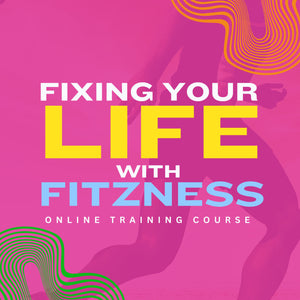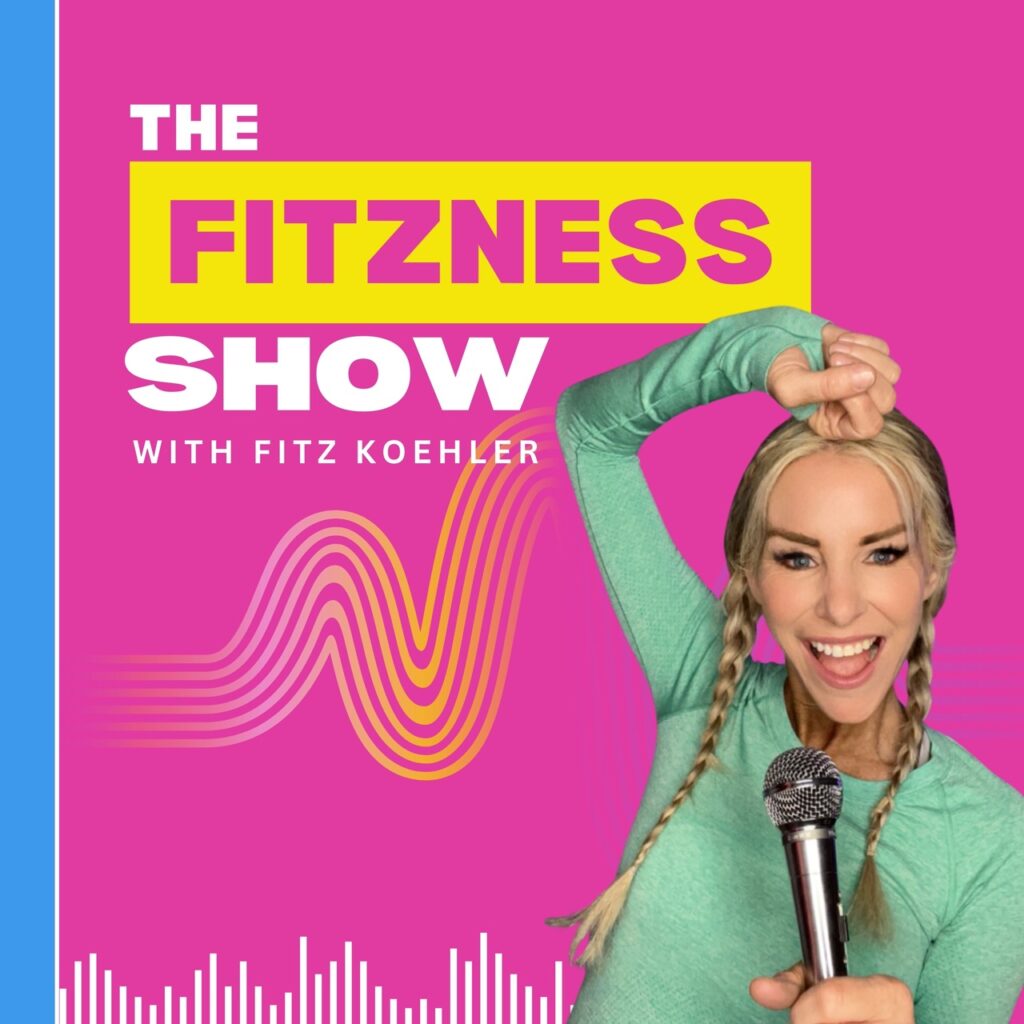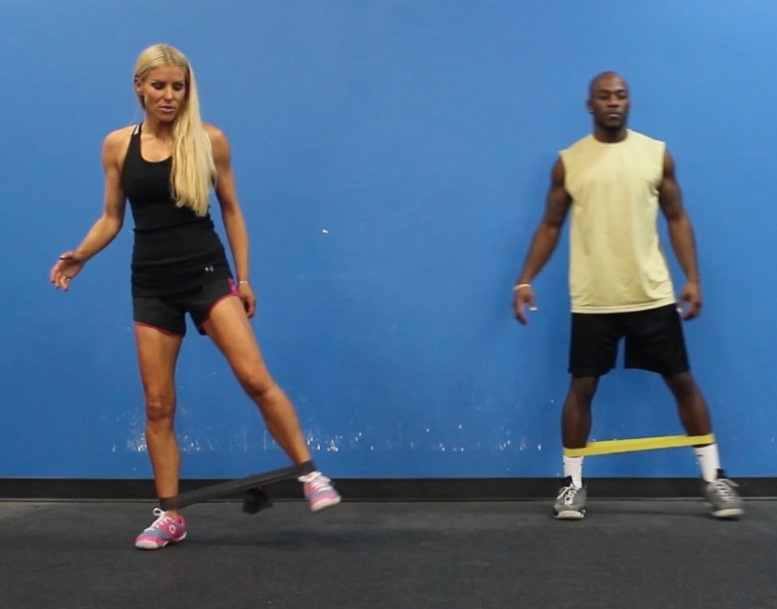Have you ever considered how vital your vision is to the success of your workouts?
Research on the impact of visual tasks on exercise ability revealed that uncorrected visual acuity
significantly affects how a person can balance in both static and dynamic motions. While this
specific study focuses on children, this same principle trickles over to adulthood when
uncorrected vision-related issues can become more apparent.
Glasses are the most popular corrective aid for refractive errors but are not necessarily the most
convenient option for working out. They can get uncomfortable when worn for an extended
period, sweat can get on the lenses and frames (ruining their quality and comfort), and trying to
keep them on your face when doing high-intensity movements is a hassle. Thankfully, contact
lenses effectively solve those issues. Of course, they still come with best practices to maximize
the benefits while working out. Here are some tips to stay safe and comfortable as you work out
with contact lenses:
1. Choose soft lenses over hard lenses
Since you’ll be moving a lot, one of your priorities should be how well your contact lenses stay in
place. This will also affect how comfortable they are on your eyes as you exercise. After all, you
don’t want to end up with a lens popping out in the middle of your regimen. Optometrists
generally recommend wearing soft lenses for physical activities like sports because they provide a
more secure fit.
While the usual advantage of hard lenses is crisper vision, improved soft contacts from brands
like Johnson and Johnson can similarly enhance visual acuity and contrast sensitivity through
HEV filtering. This is meant to produce the same improvements as yellow-tinted goggles used by
athletes to avoid glare and help with contrast. More importantly, soft lenses have a more forgiving
and comfortable fit because they have a higher water content. That makes them much
easier to wear for extended periods, including during intense physical activity.
2. Replace your lenses after working out
You expose yourself to sweat, debris, and dirt from various sources in the gym or outdoors as you exercise.
You should remove your contacts after your workout to avoid discomfort and infection. Similarly, you’ll want
to replace them if they get dirty during exercise. Contact lenses come in different replacement frequencies, and daily disposable contacts will help you during workouts because they’re the easiest to replace, among the most comfortable to handle, and ultimately more hygienic than reusable lenses. They can also be cost-effective to buy
in bulk.
On Target Optical, you can get a 90-day pack for a lower price, which can be helpful if you work
out often. Different brands also offer various features that may appeal to your preferences. Alcon
produces DAILIES TOTAL1, CooperVision has Ray-Ban 1-Day, and Bausch & Lomb offers
Biotrue Oneday lenses. These dailies are already sterile and designed as single-use products, so
you don’t need to worry about storing and cleaning them after your workout regimen.
3. Consider UV-blocking contacts when exercising outdoors
Outdoor exercise can be much more engaging than being cooped up in a gym, and it’s a great
way to shake up your routine. However, you’ll also be soaking up harmful UV rays and the more
beneficial Vitamin D. The former makes sunscreen and ample clothing important. Still, your eyes
also need protection (especially if you hike or bike to elevated locations). UV radiation can
damage the cornea and cause dry eyes. Because they cause the lens proteins of the eye to modify
over time, they also lead to vision impairment, cataracts, and macular degeneration.
You may thus want to consider getting contacts like the Acuvue Oasys. This uses Class 1 UV-
blocking layers to block out 97% of UVB and 82% of UVA rays. While sunglasses will still better
protect your eyes from UV wavelengths, these contact lenses still provide a helpful layer of
protection if you’re not going to spend the whole day outdoors.
4. Keep some eye drops and spares handy
Eye drops and spare contact lenses don’t take up much space in your gym bag, so it’s worth
bringing them along for any workout. For starters, dehydration can make your eyes feel dry, as
they have a more challenging time getting oxygen, even with permeable contact lenses. In this
situation, a preservative-free rewetting drop like Opti-Free Express can come in handy. If
you feel like you need a fresh pair of contacts or lost one, you’ll want to have a clean set
ready.
Eye drops and spare lenses can also be a saving grace if you wet your contacts. Avoiding
exposure to water and other liquids is crucial when wearing contact lenses, as this can
contaminate your lenses with microbes and increase your risk of discomfort and infection. The
likes of Acanthamoeba can even permanently damage the cornea. If you get water or sweat in
your eyes, you must flush them out with eye drops to avoid bacterial buildup after you remove or
replace your contacts. Choose contact lens-appropriate drops designed to clean the eyes and
lenses to prevent deposit buildup.






